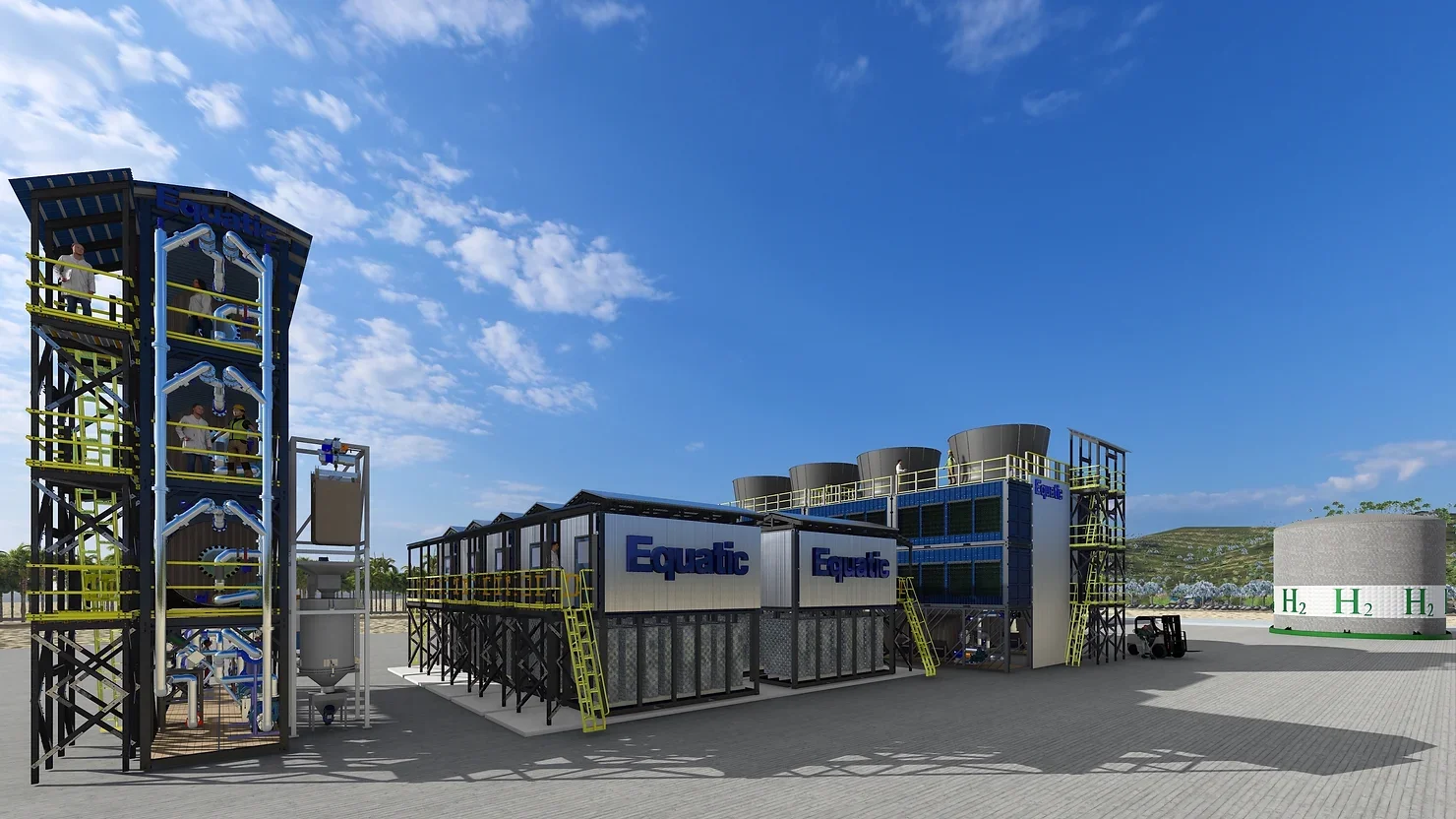Get the latest tech news
Newly discovered cyanobacteria could help sequester carbon from oceans and factories
Strains specialized to live in high-CO2 oceanic environments have evolved traits that are useful for decarbonization and bioproduction
Credit: Wyss Institute at Harvard University(BOSTON) — An international coalition of researchers from the United States and Italy has discovered a novel strain of cyanobacteria, or algae, isolated from volcanic ocean vents that is especially adept at growing rapidly in the presence of CO 2 and readily sinks in water, making it a prime candidate for biologically-based carbon sequestration projects and bioproduction of valuable commodities. Schubert and fellow corresponding author Braden Tierney, Ph.D. first met as bench neighbors in the lab of Wyss Core Faculty member George Church, Ph.D. nine years ago, but didn’t start collaborating until both were later working at Harvard Medical School (HMS) in 2016. Additional authors of the paper include Tzu-Chieh Tang, Isabella Goodchild-Michelman, Krista Ryon, James Henriksen, Theodore Chavkin, Yanqi Wu, Teemu Miettinen, Stefanie Van Wychen, Lukas Dahlin, Davide Spatafora, Gabriele Turco, Michael Guarnieri, Scott Manalis, John Kowitz, Elizabeth Hann, Raja Dhir, Paola Quatrini, Christopher Mason, and Marco Milazzo.
Or read this on r/technology/cdn.vox-cdn.com/uploads/chorus_asset/file/25615771/FCA_SHAP_2018_6425.jpg)

